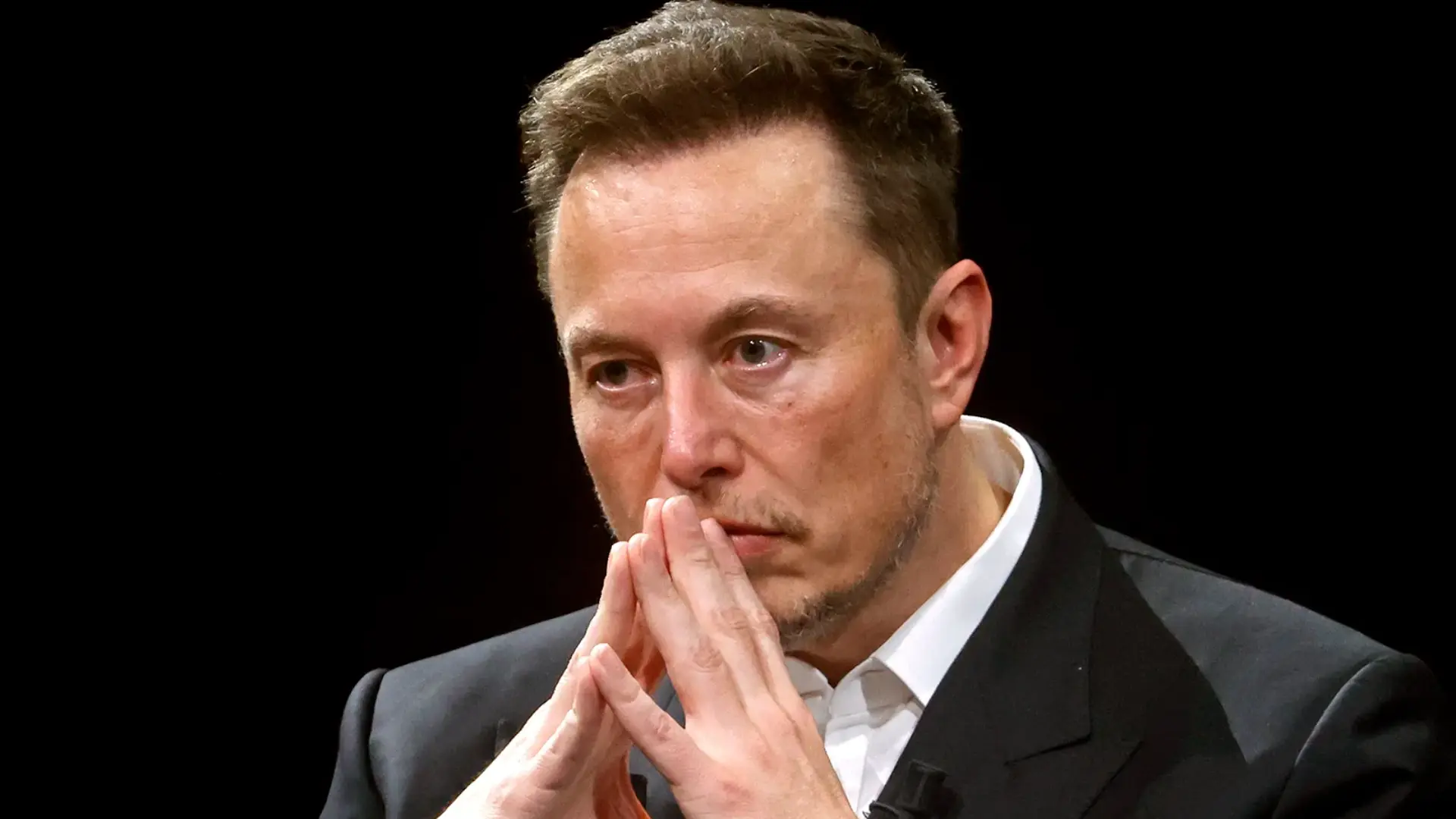Billionaire entrepreneur Elon Musk had a ‘one-word’ comment on the issue of global population decline, including decline in two of the world’s most populous nations, India and China.
Here’s what he said
In a post on X, Musk retweeted a graph showing significant population reductions for both countries by 2100, calling the trend humanity’s “greatest threat.”
— Elon Musk (@elonmusk) January 7, 2025
The graph, originally shared by the Tesla Owners Silicon Valley account, depicted dramatic demographic shifts from 2018 to 2100.
While India is projected to see its population decrease by approximately 400 million, China faces an even more staggering decline of 731 million people, leaving it with a population of just 731.9 million by the end of the century.
Meanwhile, Nigeria’s population is expected to soar, overtaking China to become the world’s second most populous country.
Elon Musk wrote, “Yes,” to the post!
The Global Population Decline
Experts have long warned of the potential consequences of declining fertility rates, aging populations, and emigration. The fertility rate, the average number of children born per woman, has fallen below the replacement rate of 2.1 in many nations, threatening long-term population stability.
In 2023, England and Wales recorded their lowest fertility rate ever, at just 1.44 children per woman. Globally, fertility rates have halved since the 1960s, dropping from an average of 5.3 children per woman to less than 2.5 today.
The University of Washington’s 2020 research projected accelerated population declines in countries like China and India, leading to labor shortages, economic stagnation, and societal strain. Despite their shrinking populations, nations such as the United States are expected to remain among the largest by 2100 due to factors like immigration.
India and China
China’s anticipated population drop of 731 million by 2100 represents a demographic shift of unprecedented scale. The country’s decades-long one-child policy, coupled with rising urbanization and living costs, has drastically reduced birth rates, leaving a rapidly aging population and shrinking workforce.
India, although initially projected to surpass China as the world’s most populous country, will also face significant declines due to similar factors, including urbanization and economic pressures.
In contrast, countries like Nigeria and Ethiopia are expected to experience population growth, potentially reshaping global economic and geopolitical dynamics. Nigeria, with a projected population of 790.1 million by 2100, could emerge as a major global player.
ALSO READ: Elon Musk Donates $108 Million In Tesla Shares To Charity As Part of Year-End Tax Planning


















